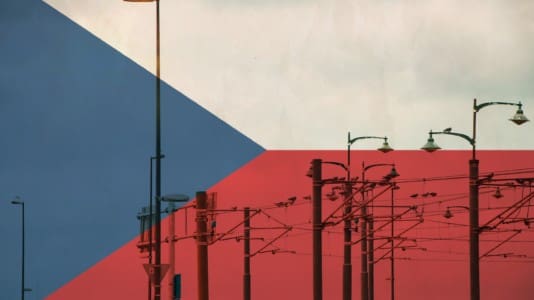In Poland, as in many European countries such as Germany, Spain, and Italy, Sunday represents a day of rest, so most shops are closed. Yet, there has long been pushback against this policy — which is based on Christian tradition — from business interests, libertarians, and a number of citizens, including in Poland.
Poland’s family minister, however, is defending the policy, arguing that family, tradition, and Christianity come first before narrow business interests. However, she says she is nevertheless willing to hear from the business community on the issue.
“We want to sit down with the representatives from the public and trade at a round table and discuss the idea of closed shops on Sunday,” said Marlena Maląg, Poland’s minister of family and social policy. She added that Sunday “should be spent with family. It is a time for family and prayers, not shopping.”
[pp id=26062]
Maląg already met Alfred Bujara from Solidarity, the trade union behind the idea and the main advocate of the Sunday shopping ban. “We decided that we would like to sit at a round table with the public and representatives of businesses and talk about it. In the West, shops are also closed on Sunday,” Maląg stated.
The shopping ban remains a bone of contention dividing businesses, customers, and politicians. The government wants to explain why it introduced the ban to the business owners who are unhappy about losing revenue, thus the roundtable discussion.
[pp id=42453]
In other countries, such as Germany, business interests have also long lobbied for an end to the Sunday shopping ban. However, the government has never acceded to their demands, and German courts have long upheld the ban on shopping.
Malag said the National Labor Inspectorate will continue to check if shops are closed on Sundays.
The Sunday shopping ban has been in force since 2018 in Poland. You can shop only on a few selected Sundays in a year. Originally, post offices, gas stations, and bookstores were exempted from this ban. That is why, for instance, large retailers bypassed the ban by introducing postal services in their stores.
[pp id=33679]
Some other stores, such as Intermarche, relied on gas stations to remain open, according to the Slowpodlasia news outlet.
Law and Justice (PiS) was pressured by trade unionists from Solidarity to tighten up the regulations, forcing the closure of all stores on Sunday, including post offices and bookstores, although the gas station loophole remains.
Retail owners, as well as some customers, were outraged. They argued that nobody should dictate what people should do on Sunday whether it is going to church or going to the shop. Others appreciate a day off they can depend on to ensure family time, leisure activities, and prayer.






